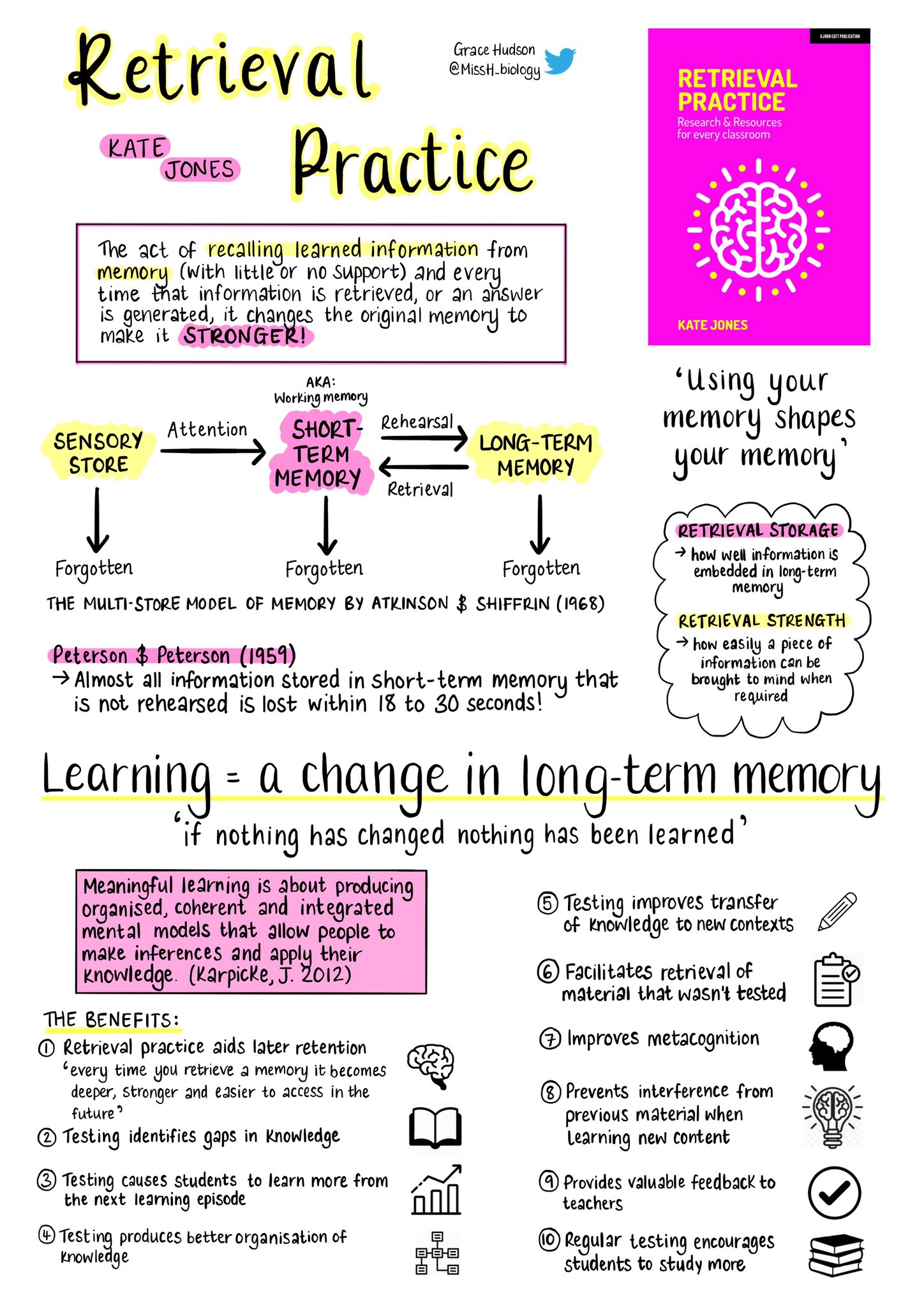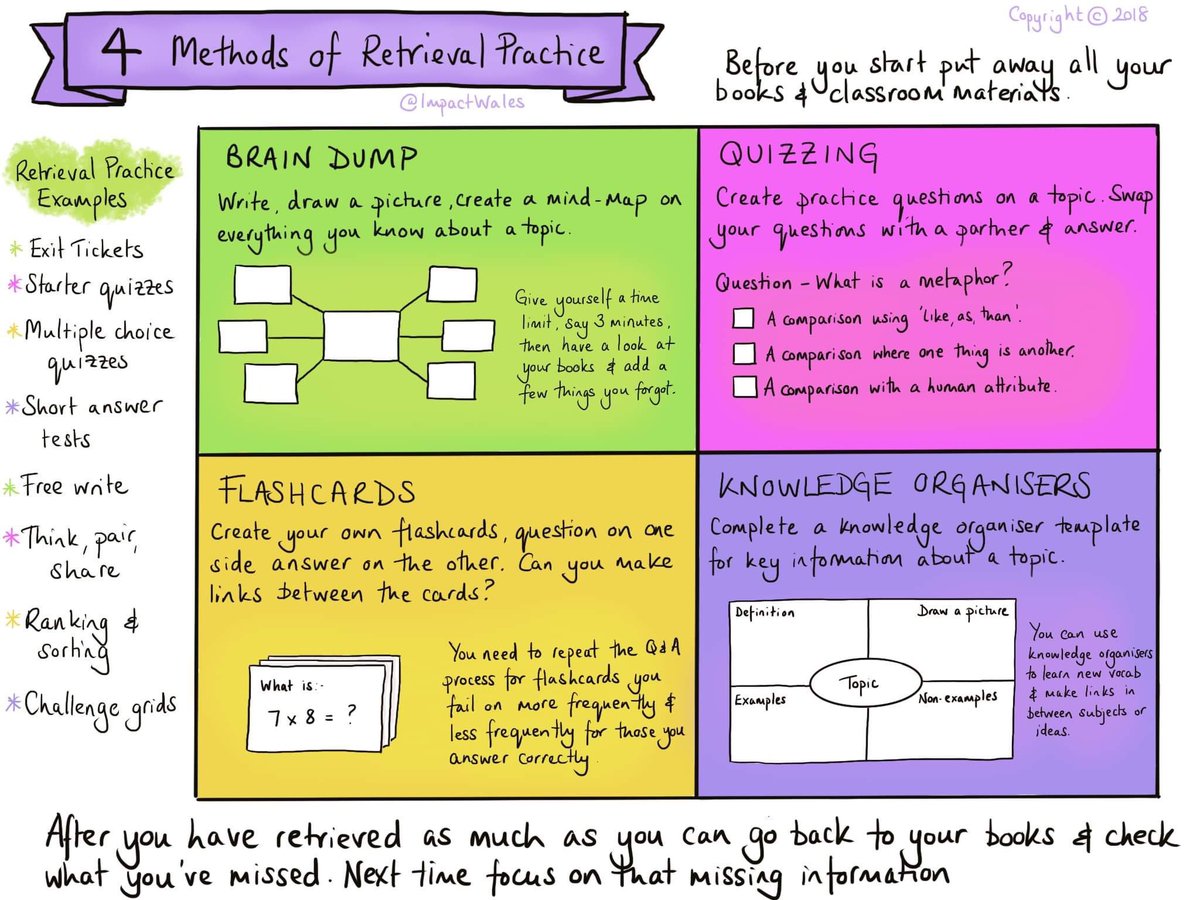PGDE Social Subjects - newsletter 3
Why can't my pupils follow simple instructions
“…just think about the answer for me”
establish the means by which your students will participate. It’s a powerful technique but it isn’t enough.
The second you ask them the question, they start writing down their answer and they are no longer listening to you. It’s not a property of the instruction itself – it’s a property of its placement; where it sits in the sentence.
You need to Front Load your instructions - put your MOP at the front of your instruction, get the important information in before the point when students will stop listening
"By putting your hand up in the air, I’d like you to tell me…
"Without talking, I’d like you to write down three things…”
This Education Scotland resource might be very helpful in getting you to think about your own use of feedback (the following, in italics, is taken from the ES page):
Feedback is a thorny issue, woven into discussions about the use of formative and summative assessment, marking and workload, grading and the value of data as a tool to improve learner outcomes. The key in Dylan Wiliam's work is the emphasis on moving learners forward.
Here, Prof. Wiliam discusses the place of using assessment strategies to support high quality feedback on learning.
The Education Scotland resource invites you to watch the video and consider the impact of your own approach to develop the use of high quality feedback to support the best learning and teaching.
- How do you use feedback at present to support developing best learning and teaching?
- How would you avoid offering feedback that focuses on the ego of the learner?
- How do you use dialogue and questioning techniques to find out where a learner is in their understanding of the tasks they are completing?
Retrieval Practice
with Kate Jones
Retrieval practice
is a strategy in which bringing information to mind enhances and
boosts learning. Deliberately recalling information forces us to
pull our knowledge “out” and examine what we know.
[The following is a lightly edited lift directly from Kate's website]
Image source: https://lovetoteach87.com/wp-content/uploads/2020/09/RP-Grace.jpeg
As the author of a book solely dedicated to retrieval practice, Kate Jones often gets asked questions by teachers, students and parents about this teaching and learning strategy.
Very handily for us, she has curated various resources
connected to retrieval practice that can be useful in our professional learning
and classroom practice.
Kate has included links to academic research, websites,
blogs, classroom resources, videos, podcasts and online courses all linked to
developing further knowledge, understanding, and implementation of retrieval
practice.
Image source: Impact Wales


Comments
Post a Comment